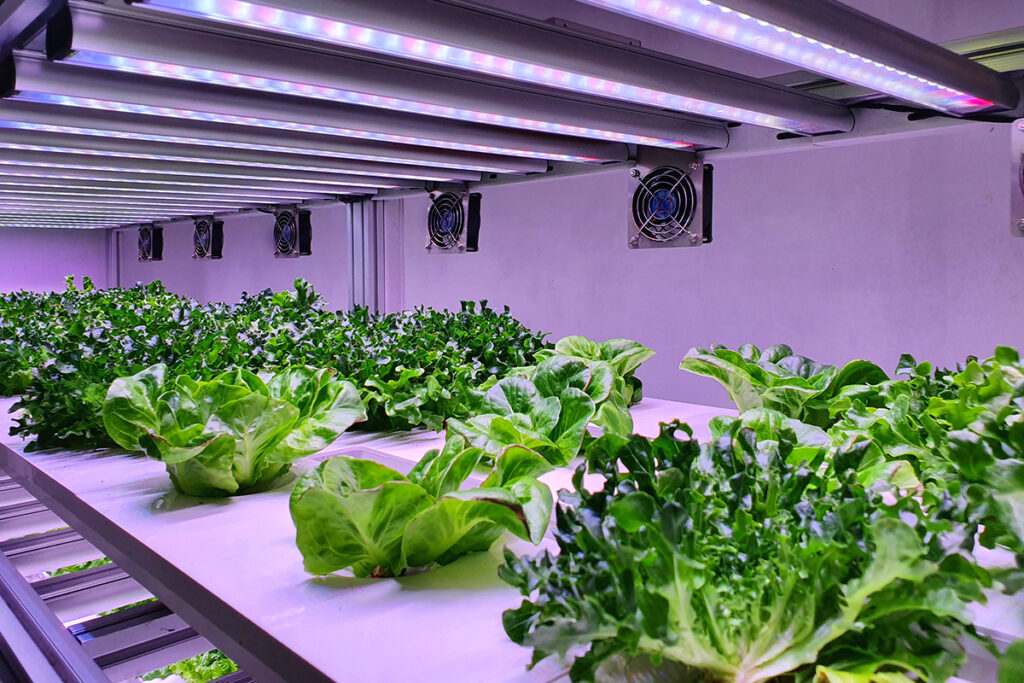In a pioneering effort to combat the growing problem of wastewater in agriculture, Salinity Solutions, a water treatment expert, recently partnered with indoor salad producer GrowUp Farms in Sandwich, Kent, for a 10-day trial of innovative water-saving technology. This groundbreaking system could potentially revolutionize how we use and recycle water in farming practices.
One of the standout features of this technology is its ability to recirculate wastewater. Using a unique pressure system, the system collects wastewater generated during the growing process and elsewhere on the site. It then recirculates this water, ensuring that every drop is utilized efficiently. This approach not only minimizes water wastage but also increases the availability of freshwater for various purposes.
Traditional water purification in agriculture relies heavily on a process known as reverse osmosis, which involves pumping water through a semi-permeable membrane to purify it. Salinity Solutions has introduced an energy-efficient alternative that re-circulates and treats water effectively. This not only reduces the energy consumption associated with water treatment but also contributes to sustainable agricultural practices.
GrowUp Farms, located in Sandwich, Kent, operates an impressive vertical farming facility powered entirely by renewable energy. Within this controlled environment, salad crops are grown hydroponically in fertilized water, eliminating the need for soil. Despite its small physical footprint of just five acres, the Pepperness site offers the equivalent growing space of a sprawling 1,000-acre traditional farm.
The batch reverse osmosis technology employed in this trial could have far-reaching implications, not only within the food sector but also in addressing the impending global water crisis. With worldwide water demand projected to double in the next five years, innovative solutions like this are essential. Salinity Solutions’ technology stands out by consuming only half the energy of existing systems while recovering up to 98% of clean water.
In addition to water conservation, the system also produces concentrated fertilizer as a valuable byproduct. This resource has the potential for recycling and can further reduce waste in agricultural practices.
Dr. Zoe M Harris, a senior lecturer in environment and sustainability at the University of Surrey, commended the collaboration between GrowUp Farms and Salinity Solutions. She noted that vertical farms already excel in water recycling due to their closed-loop, recirculating systems. However, this partnership takes their sustainability efforts to new heights by focusing on water recovery and efficiency.
Salinity Solutions’ innovative technology isn’t confined to the realm of agriculture. Its applications extend to wastewater treatment plants, where the removal of nutrients such as phosphates and nitrates is crucial for environmental health.
With the 10-day trial now concluded, researchers are eagerly awaiting the results, which promise to shed light on the potential of this revolutionary water-saving technology in addressing one of the most pressing challenges of our time – water scarcity in agriculture.


